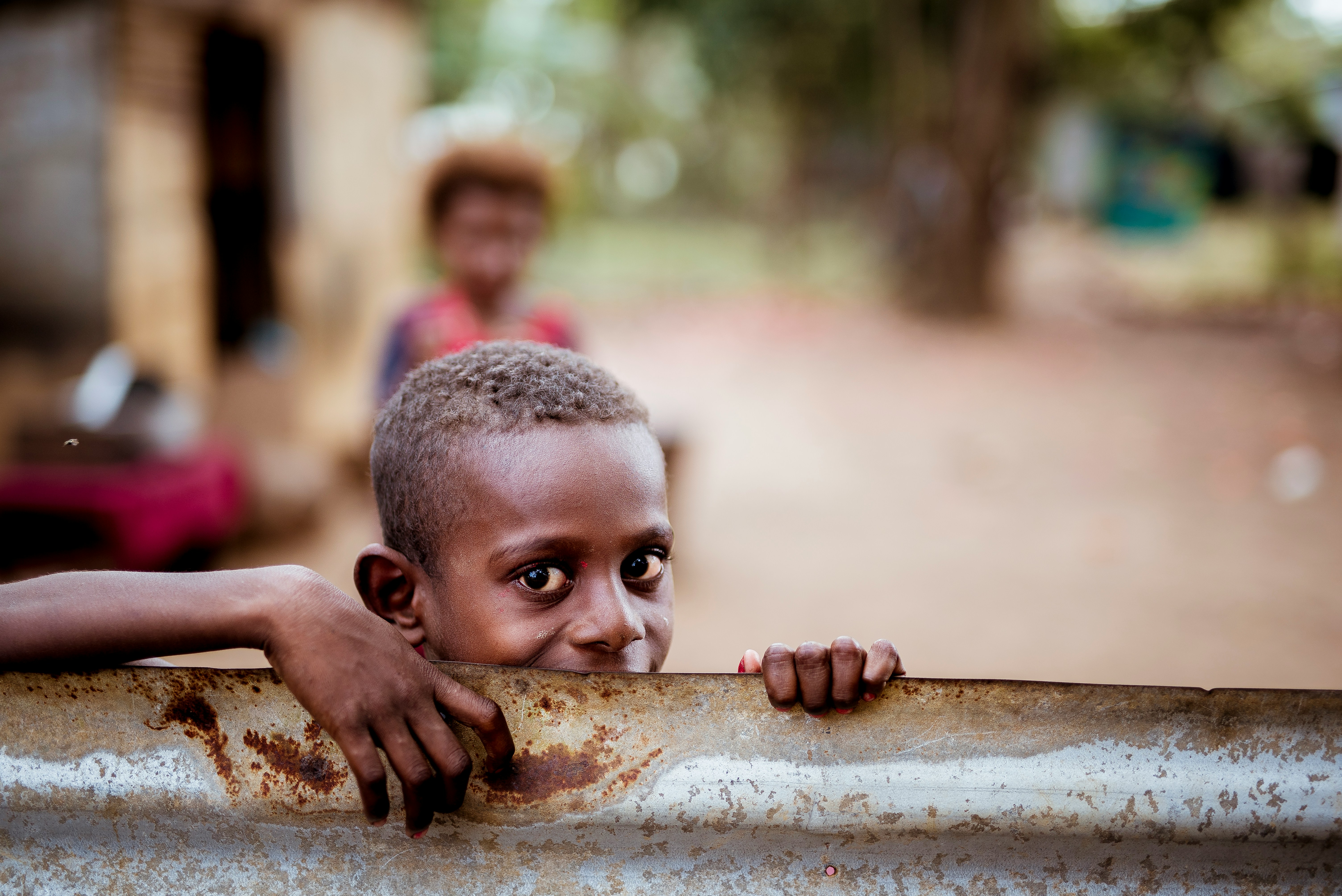From the Streets to the Classroom: Ending Child Labour, One Boy at a Time
Testimonies
Jun 23, 2025
In markets, garages, and busy streets across Uganda, you’ll often find young boys working—selling snacks, fixing tires, carrying water. For many, this isn’t a summer job or a family chore. It’s survival. But it comes at a cost.
Child labour is stealing boys’ futures, keeping them out of school, exposing them to danger, and robbing them of their right to grow, learn, and simply be children.
Why Boys?
While child labour affects both girls and boys, boys are more likely to be involved in physically demanding, public-facing work—especially in urban and peri-urban areas. They’re often expected to contribute financially at an early age, particularly if their father is absent or the family is struggling.
The problem isn’t just economic. It’s cultural.
In many homes, boys are taught that being a “real man” means being a provider, no matter how young. When parents can’t afford school fees, boys are pulled out to work, while girls are kept in school through bursaries or donor programs targeted toward girls.
The intention to uplift girls is noble—but boys are being unintentionally left behind.
The Ripple Effect of Child Labour
When boys spend their formative years working instead of learning, the impact is lifelong:
They fall behind academically and may never return to school.
They miss out on emotional development, mentorship, and structure.
They are more vulnerable to exploitation, injury, and crime.
They grow into men with limited job opportunities and little hope.
Child labour isn’t just a personal tragedy—it’s a national crisis.
Our Approach: Intervention, Education, Reintegration
At the Karitas Karisimbi Foundation, we tackle this issue from the ground up:
Identification: We work with schools, local councils, and community leaders to spot boys who are missing from classrooms and appearing in high-risk work areas.
Family Dialogue: Our team engages directly with families to understand their needs and present realistic alternatives to child labour.
Support Systems: We offer school bursaries, school materials, and partner with vocational programs for older boys who want to learn a trade.
Policy Advocacy: We push for stronger enforcement of child labour laws and increased public accountability for businesses that employ underage workers.
Progress, One Boy at a Time
We’ve helped dozens of boys transition from the streets to school—some for the first time ever. We’ve seen the shift in their eyes: from fatigue and frustration to curiosity and hope.
But we need to do more. Child labour doesn’t end with rescue—it ends with systems that prevent it from happening in the first place.
What You Can Do
Sponsor a boy’s school fees.
Support our anti-child labour campaigns.
Report illegal employment of minors in your community.
Speak up—because silence enables exploitation.
Together, we can put boys where they belong—not in workshops or markets, but in classrooms, where futures are built.
Next Article



